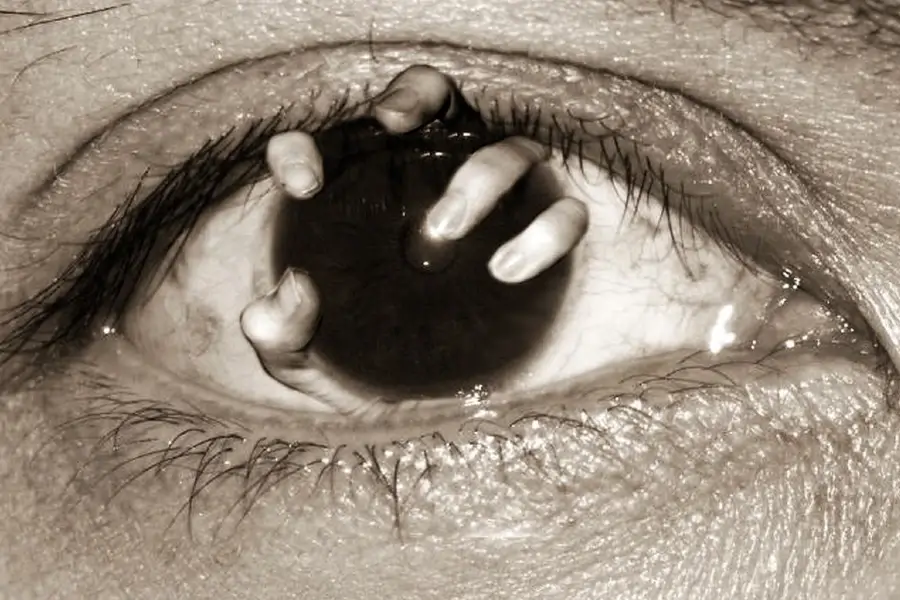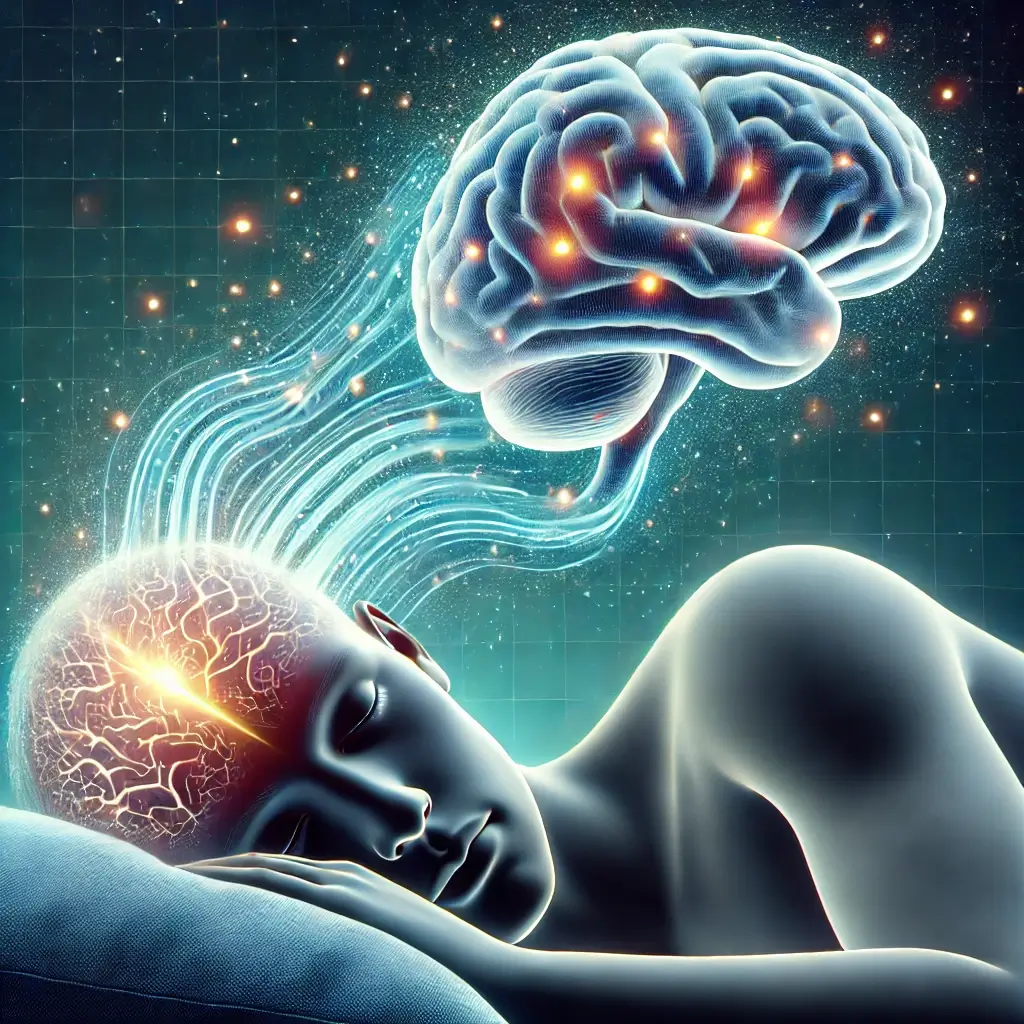TASD Comprises Trauma-Related Nightmares
TASD: Trauma-associated sleep disorder.
TASD stands for Trauma-Associated Sleep Disorder. It is a special sort of sleep disturbance that occurs after a traumatic incident.
As you mentioned, the main symptoms of TASD are:
Trauma-related dreams are a regular occurrence for people who have undergone a traumatic event. These are recurring, disturbing nightmares that are closely tied to the traumatic experience and frequently vividly recreate the incident or components of it.
The dreams can be so vivid and realistic that the sufferer awakens in a state of panic, with physical symptoms like a rapid heartbeat, sweat, and great fear or worry.
These nightmares represent the brain’s attempt to absorb and make sense of the painful experience. The recurring nature of the dreams shows that the individual’s brain attempts to incorporate the unpleasant memories and emotions into their entire experience.
However, this procedure can be exceedingly upsetting and disturbing, impairing the individual’s sleep quality, mood, and general functioning.
Trauma-related nightmares are a common symptom of post-traumatic stress disorder (PTSD), a mental health disease caused by experiencing or witnessing a terrible incident.
Disruptive nocturnal behaviors include sleepwalking, sleep terrors, and other abnormal behaviors.
In addition to nightmares, those suffering from PTSD may have intrusive thoughts, flashbacks, avoidance of traumatic memories, and mood and arousal changes.
Individuals who are experiencing trauma-related nightmares should seek professional assistance, such as from a mental health therapist or counselor, who can provide evidence-based treatments such as cognitive-behavioral therapy or exposure therapy to help them process the trauma and alleviate symptoms.
Individuals who receive the appropriate help and treatment can learn to manage their nightmares and enhance their overall well-being.
Disruptive nocturnal behaviors include sleepwalking, sleep terrors, and other abnormal behaviors.
Autonomic disturbances are physical symptoms such as sweating, elevated heart rate, or fast breathing that occur during sleeping.
It is important to note that TASD has parallels to both Post-Traumatic Stress Disorder (PTSD) and Rapid Eye Movement (REM) Behavior Disorder (RBD).













